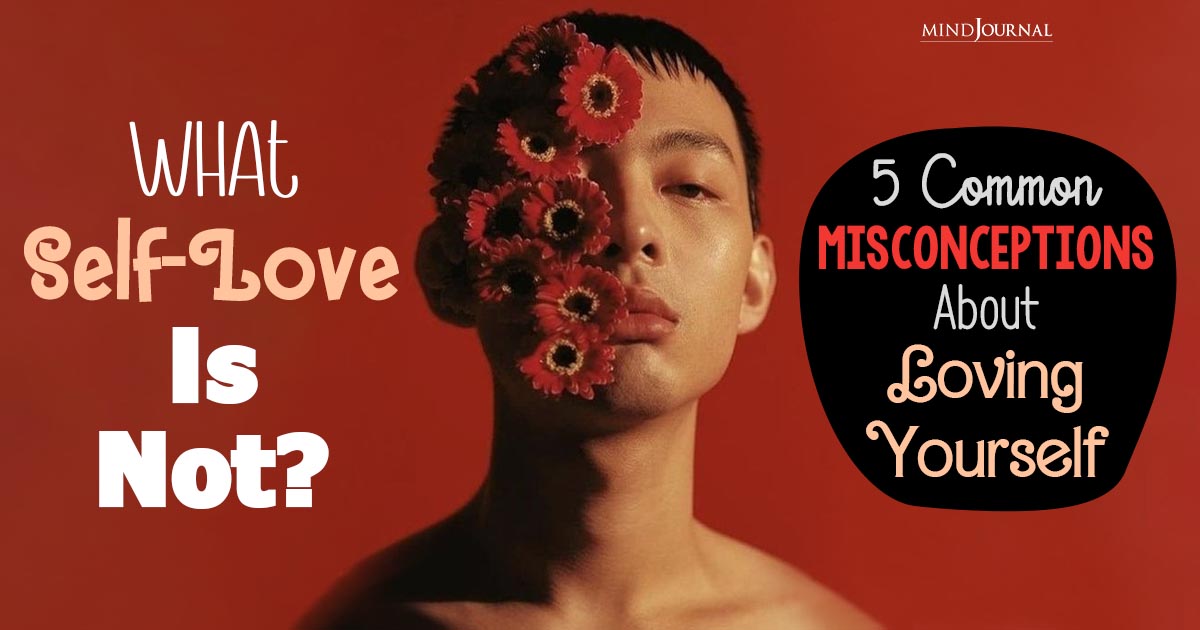5 Lessons For People Pleasers and why it’s more important to stay true to your values.
People pleasers come in many forms. I’ve met business leaders who lost sleep because they were terrified of confrontation and I’ve seen parents struggle to maintain order in their homes because they didn’t want their kids to be mad at them.
Related: The Narcissist And The People Pleaser
Their reasons for trying to make people happy vary. For some, it’s a learned behavior that originates in childhood. For others, the attempt to make everyone happy stems from the desire to be polite.
If you tend to say yes to things that you don’t want to do, or you avoid speaking up because you don’t want to upset anyone,
Here are five things people pleaser should remember:
1. You Aren’t Responsible For Other People’s Emotions.
Whether you tend to do everything your partner wants, or you strive to make your co-workers like you, your people-pleasing efforts mean you’re taking on too much responsibility. Everyone is in charge of his or her own emotions—and you can’t make anyone feel happy.
Related: 11 Things People Pleasers End Up Doing Unintentionally
It’s up to other people to cope with uncomfortable feelings like disappointment or anger. It’s not your job to protect them from those things.
2. People Pleasers Are Easily Manipulated.
You can often spot a people pleaser a mile away—and the more an individual says yes to requests, the more things are asked of her. People pleasers become easy targets. Someone may ask favors of them by saying things like, “I hate to ask you this, but…” or “I wouldn’t ask anyone else, but you’re such a good friend.”
Whether you feel guilted into doing something, or you feel honored that you’ve been entrusted with a favor, you may be easily manipulated when others know that your primary goal is to please people.
3. Your Choices Will Always Be Unfavorable To Some People.
There isn’t a single decision, product, or service that will please everyone. Just look at product reviews: One person says an item is the best thing since sliced bread. The next says the same product was a complete rip-off.
Related: Why People Pleasing Is Dangerous and How to Stop
Even personal decisions that don’t affect others may become a target for scrutiny. Your mother may weigh in on your decision to accept a new job, or your friends may express dissatisfaction about your new relationship. While you may want to take their wisdom in consideration, your job isn’t to make them happy.
4. Trying To Please People Drains Your Resources.
Trying to please everyone will rob you of mental strength. The more you think about whether someone is going to be upset, or how to phrase your decision in a way that isn’t offensive, the fewer resources you’ll have to devote to the decisions that matter most.
Worrying, ruminating, and rehashing conversations won’t help you get anywhere. If you spent that same time and energy being productive, you’d accomplish much more.
Related: 9 Important Reminders For A People Pleaser (and strategies on how to stop being one)
5. Attempting To Please Others Is Actually A Bit Selfish.
One of the most common reasons I hear people say they can’t say no is because they don’t want to appear selfish. But in reality, the need to always be liked actually is a bit selfish.
Saying yes to things you don’t want to do will cause you to feel resentful. And that will damage your relationship. Setting healthy boundaries and preserving the relationship—even at the risk that someone may get angry—is far less selfish.
Related: Discover Your True Authentic Self
Staying True to Your Values
People pleasing can become a habit that causes you to lose sight of your values. Learning to tolerate people being upset with you can be hard, but it’s essential to reaching your goals. Your words and your behavior must be in line with your beliefs before you can be truly authentic—and authenticity is the key to becoming your best self.
Written by Amy Morin
Originally appeared on Psychology Today
Published with permission from author










Leave a Reply